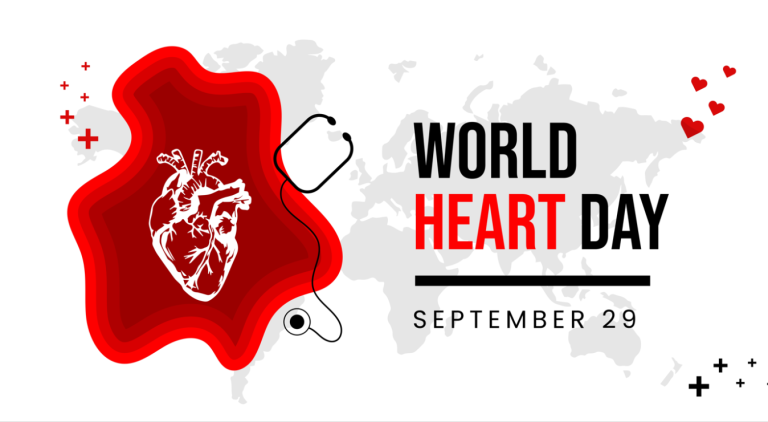Ahead of World Heart Day on 29 September, health experts are urging organisations globally to take proactive steps in safeguarding their workforce against cardiovascular disease (CVD). According to the World Health Organization (WHO), CVD remains the world’s leading cause of death, accounting for 17.9 million deaths annually, largely due to heart attacks and strokes. With more than 500 million people affected worldwide, companies are being encouraged to introduce heart health initiatives aimed at preventing CVD and improving employee well-being.
A sharp rise in workplace cardiovascular issues has been observed by International SOS, which reports a significant surge in requests for assistance related to heart health. From 2021 to 2022, there was a 34.5% rise in cases, followed by a further 18% increase from 2022 to 2023. Men accounted for 86% of heart-related cases during this period, underscoring the need for targeted interventions.
Dr Olivier LO, Group Medical Director of Occupational Health Services at International SOS, emphasised the importance of companies recognising their Duty of Care. He stated: “With World Heart Day approaching, it serves as a timely reminder for businesses to foster a work environment that promotes heart health. Heart disease can result in significant financial implications for employers through healthcare costs, absenteeism, and decreased productivity. By investing in health programmes, organisations can not only reduce heart disease risks but also benefit from improved workforce well-being and productivity.”
Several factors contribute to cardiovascular disease risk, including lifestyle choices, such as tobacco use and excessive alcohol consumption, as well as genetics, diabetes, and obesity. While some risk factors are beyond control, many can be managed through proactive health measures in the workplace.
International SOS has laid out a seven-point plan to help organisations minimise the risk of CVD in their workforce:
1. Create a Heart-Healthy Culture: Employers should cultivate a work environment that prioritises employee well-being by encouraging regular breaks, hydration, and medical check-ups.
2. Regular Health Screenings: Providing health screenings for conditions such as high blood pressure and cholesterol helps to detect potential cardiovascular issues early.
3. Promote Healthy Eating: Access to nutritious food and education on heart-healthy diets, rich in fruits, vegetables, and lean proteins, is vital in reducing heart disease risk.
4. Encourage Physical Activity: Companies should promote regular exercise, whether through wellness programmes, onsite facilities, or organised fitness challenges.
5. Stress Management Support: Stress is a key factor in heart disease. Organisations can implement programmes aimed at helping employees manage workplace pressures.
6. Education Campaigns: Raising awareness of cardiovascular health through educational workshops can empower employees to make better lifestyle choices.
7. Smoking Cessation Programmes: Smoking is a leading cause of cardiovascular deaths. Organisations should offer support, including counselling and smoking cessation resources.
As part of its ongoing efforts, International SOS is hosting a webinar on 26 September titled ‘Building a Heart-Healthy Work Environment.’ Experts will discuss effective CVD prevention strategies to help companies protect their workforce.



